A classic horror story transformed for a fresh take, Leigh Whannell's Wolf Man is a bone-twisting good time that draws you in with every grunt, crack, and howl.
Wolf Man Review
With his take on The Invisible Man, Leigh Whannell proved that he is uniquely suited for taking a classic monster story, framing it with a more modern angle, and still delivering something faithful to the groundwork laid out decades before. Five years later, Whannell is back with another of Universal's monsters: Wolf Man. Like his previous film, it transforms and reimagines its monster. Whannell and co-writer Corbett Tuck take the metaphor of how our basest urges can (literally) tear us apart and add on the struggle to escape generational trauma. Also, this time around, lycanthropy isn't a curse so much as a disease, making for an interesting addition to werewolf lore.
Wolf Man is a bone-twisting good time. With every grunt, crack, and howl, Whannell crafts his modern horror in a way that keeps you drawn in, holding your breath as the monster creeps ever closer. Even when the pacing becomes uneven, the environment he has crafted is enough to keep you invested. This film's biggest strengths are not only the family focus and creature design but also the inventive camerawork, sound design, and lighting choices. All this works together to set the stage for one tense and fun kick-off to 2025's horror offerings.
On-screen texts inform the audience that in 1995 a hiker went missing in the woods of Oregon. Although presumed dead, many believe the man succumbed to “hills fever” or as the local indigenous population call it, “Face of the Wolf.” Then we meet a young Blake (Zac Chandler), a soft spoken young boy who lives alone in a secluded farmhouse with his survivalist, overbearing, and abusive father Grady (Sam Jaeger). During a hunting trip, the two are almost attacked by some malevolent force, setting the stage for the inevitable course of this story. Thirty years later, Blake (now played by Christopher Abbott) lives in New York City with his wife Charlotte (Julia Garner) and preteen daughter Ginger (Matilda Firth). His marriage is rocky but when a letter arrives informing him that his father is dead, Blake and his family travel to Oregon to settle the estate. On the road to the farmhouse, an attack leaves the family terrified and him scratched. The clock starts ticking as Blake tries to keep his family safe from the beast outside while slowly becoming a threat himself.
Blake is terrified even before he realizes something is extremely wrong with his body and mind. He does not want to turn into his father and actively tries to be a better parent for his child. However, the evil is there inside of him and from the moment the horror starts, beginning with a breath-taking horrific car wreck, his grip on that leash slips. Then the movie becomes a 2-in-1 feature where on one hand Blake is struggling to break the bonds of generational trauma and on the other he is being twisted into a monster that he won't be able to protect his family from.
Abbott has proved time and again that he is a character actor, able to turn himself into whatever is needed for the role. In this case he is an unassuming, nervous, well-meaning man, with a big heart, the perfect juxtaposition to the menacing figure he becomes later on. Abbott's physical performance is instantly unsettling, which is exactly what is called for in a film like this. Yet even once the transformation is complete, Abbott still manages to convey so much through just his eyes, revealing there is still a grieving man trapped inside. Garner acts as a grounding force in the scenes as a strong-willed, fighter who despite her issues with her husband, still deeply cares for him. It makes the inevitable conclusion to the story a heartbreaking one.
The centerpiece of any man turned monster film is the transformation scenes. Rather than have it all happen at once, by the light of the moon, Whannell cleverly has Blake gradually worsen scene-by-scene. At first it's just a bloody scratch along with a rash. But soon his jaw begins to shift, hair begins to grow, fangs appear… the full reveal is well worth the wait. Horror fans will appreciate the use of practical effects with only subtle VFX enhancements. (I always prefer practical effects when possible so this made me happy) There are a handful of jump scares and enough body horror to make even the iron stomached in the audience squeamish. However, what makes this film a sensory, visceral experience is the genius sound design, along with composer Benjamin Wallfisch's score, that works in tandem to crank up the tension whenever possible. As well as the cinematographer Stefan Duscio tight camerawork and the theatrical-like lighting choices. This all works together to not only elevate that film as a whole but also add to the impressive way Whannell chooses to show us the world through the eyes and ears of his Wolf Man.
Verdict
Ultimately, Wolf Man is a well-crafted, heightened sensory experience that breathes fresh life into werewolf canon. Not only does it deliver in terms of monster madness but it also has something to say about toxic parenthood and finally deciding enough is enough. The pacing issues can be overlooked as the sound, lightning, and camerawork pull you into this atmospheric, bone-twisting thriller. Plus Abbott's performance is one for the horror books, raising the bar for any monsters to follow. Whannell's latest might not pack the same punch as The Invisible Man but it is still fun, still gruesome, and definitely worth the watch.
Wolf Man is in theaters on January 17. It is rated R for bloody violent content, grisly images and some language with a runtime of 103 minutes long.
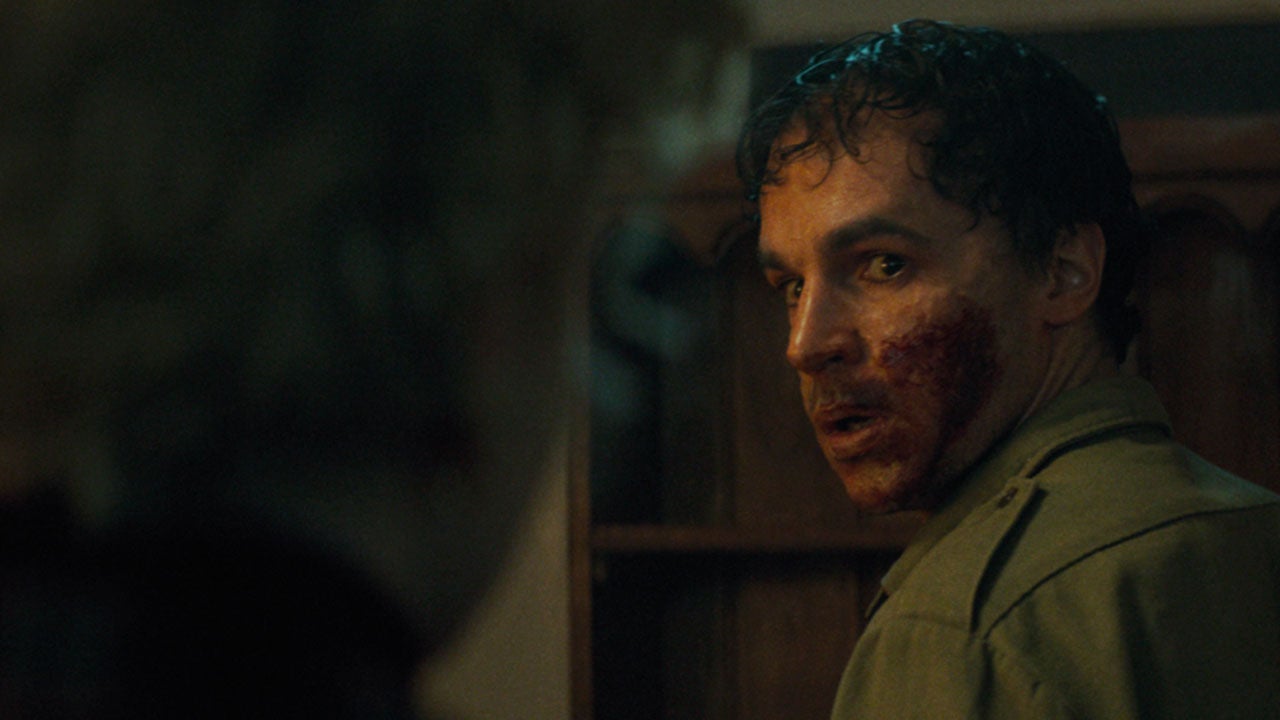
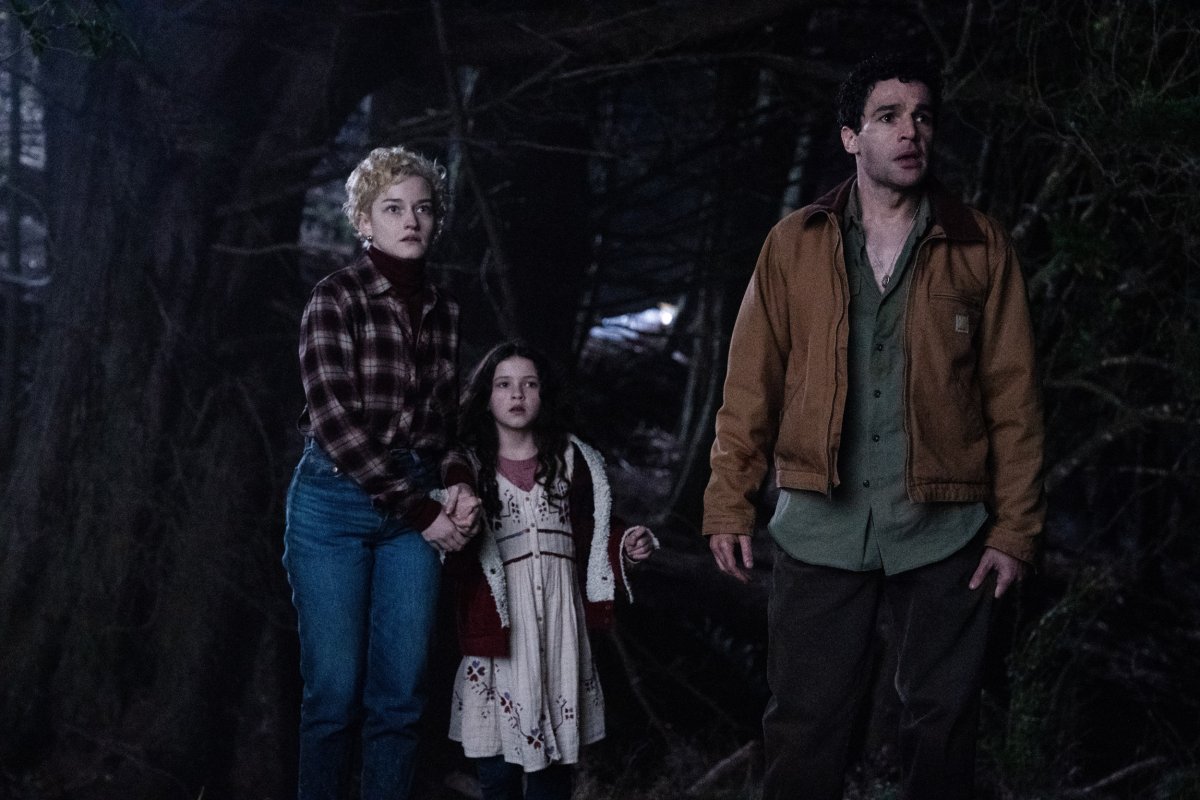
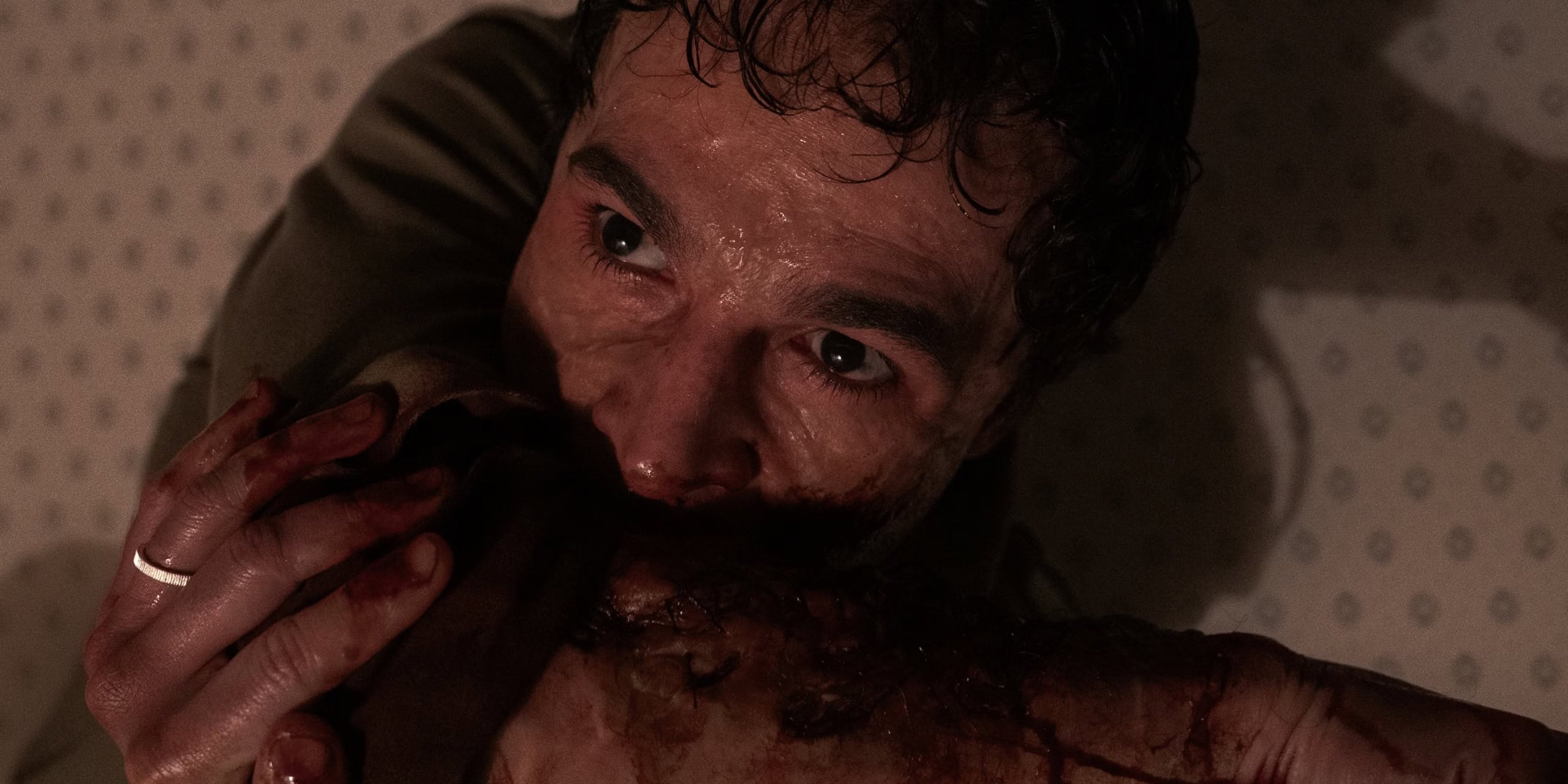
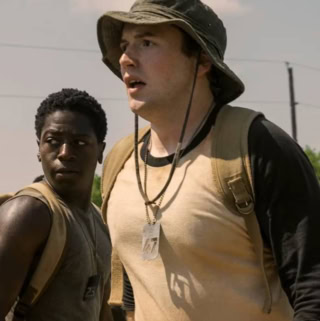


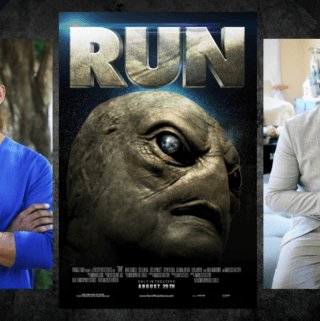

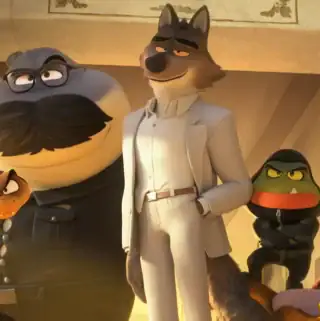
Leave a Reply